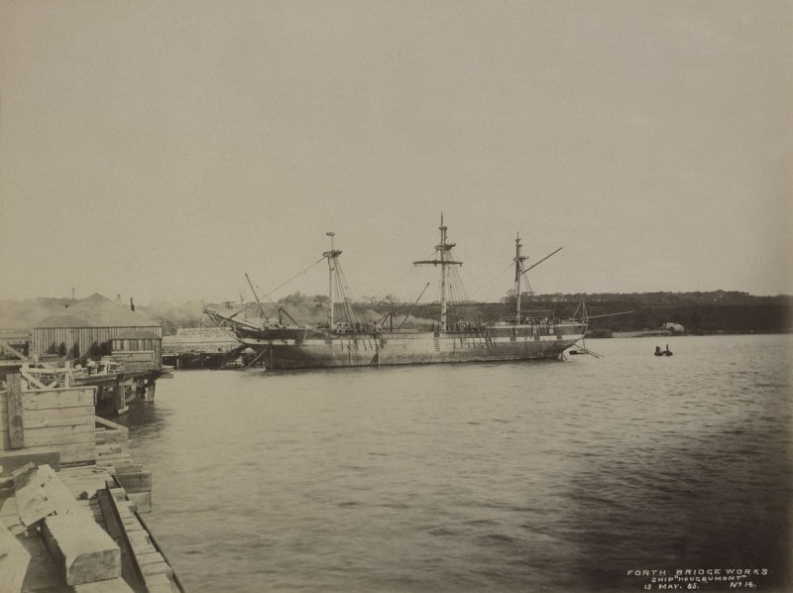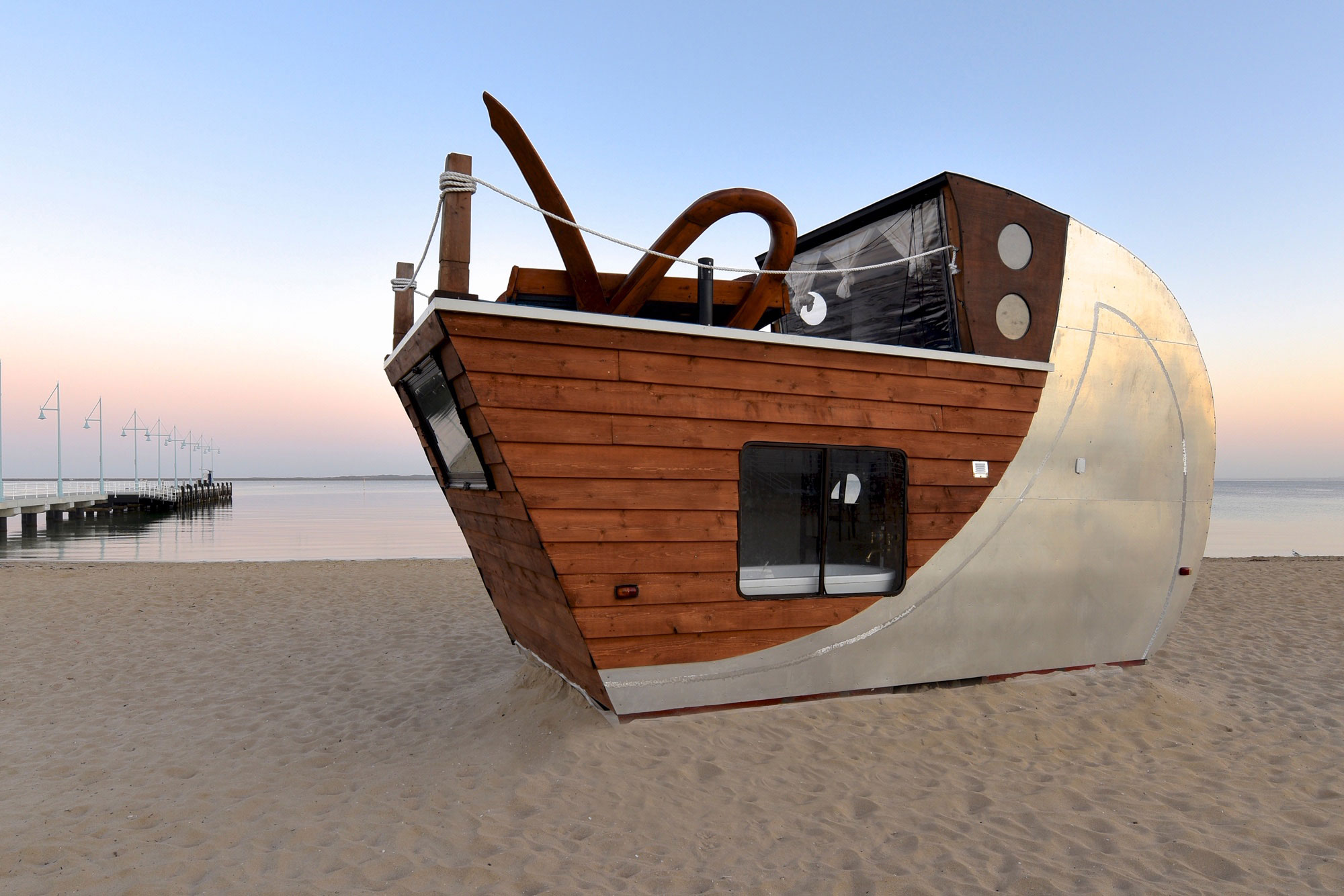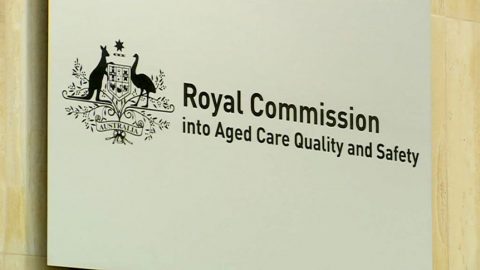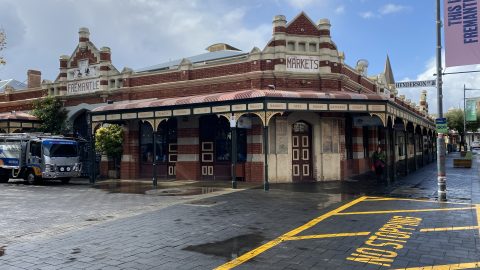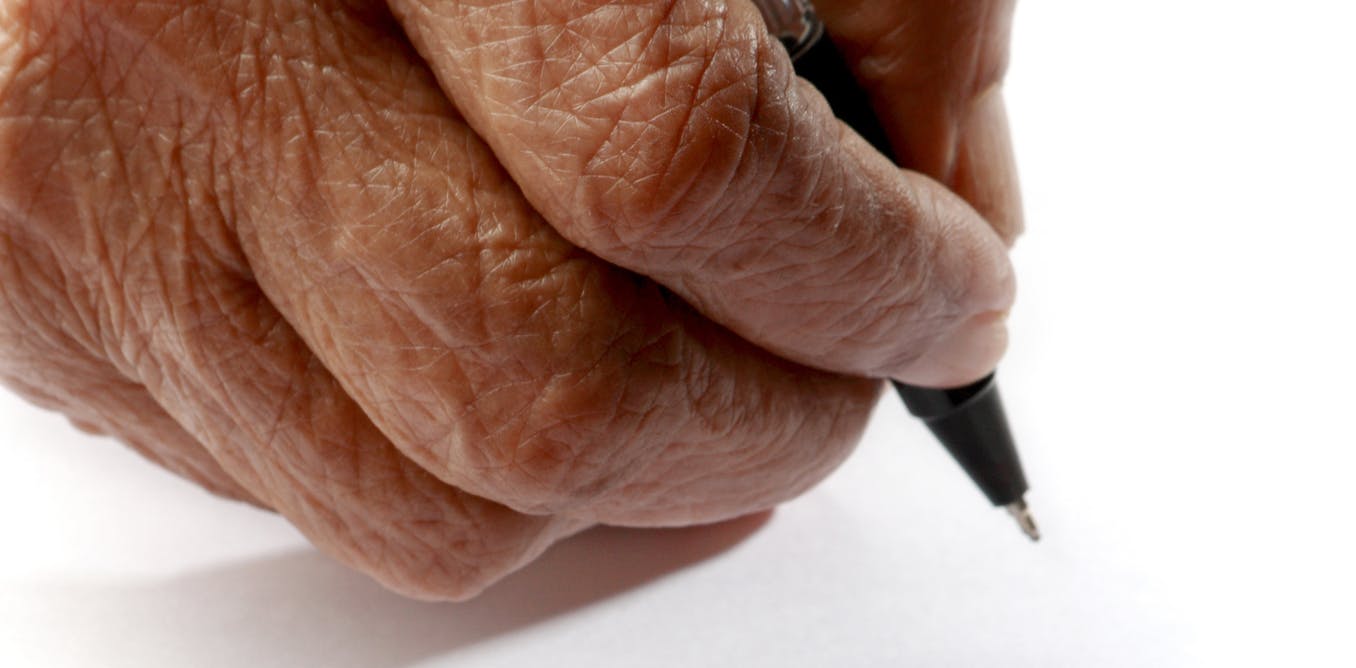I often feel the need to comment on something that’s significant, significant to me at least, and then the moment passes. A bit like in inter-personal relations. Often, it’s probably a good idea to hold one’s tongue. And does your thought really matter anyway? Probably not. The thought, and being nearly prepared to express it and possibly share it, is usually enough to settle one’s feelings, or nerves, or the passing indignation or outrage, about whatever it was that stirred the thought in the first place.
But Ukraine is different. I’m disturbed on so many fronts. I am outraged on behalf of the Ukrainians who want to live by themselves, peacefully. I’m concerned about what it all means for world peace. And I sort of feel guilty because I know so little about Ukraine and its peoples. But I’m learning as we go along. About Ukraine and its physical place in the world. About its old cities. About its engagement in the old USSR. And before that, how it fitted in with the Czars to the East and the Ottoman Empire and Western Europe to the West. About who speaks Russian and who speaks Ukrainian. About the Minsk Agreements of 2014 and 2015. Most of all about the Ukrainian people. Their character, their strong sense of identity and community, and their resolve, in the face of the utmost danger, to protect their culture and their way of doing things.
Why is it that one country or government, that has built up its military forces for so long, can assume the right to simply invade another, militarily weaker one and take control of it? I’ve never formally studied war or peace. But you know from recorded human history that, from the earliest of times, we humans, in groups small and big, have sought to expand our group’s range, to assume control of the known territory of others, to make our group’s ‘civilisation’ the dominant one, mainly for our group’s material benefit.
Alexander ‘the Great’ is a good example. He felt the need to expand a long way from his home in present day Macedonia, travelling well into old Persia, today’s Iran, and even further.
The Greeks and the Persians kept these wars going for centuries.
The Egyptians and the Romans also maintained running battles.
The Romans – we tend to think of them more benignly because they left behind intricate and beautiful mosaics not just in Italy, but wherever they went – they conquered the ‘whole world’.
(This is in danger of becoming a short history of conquest!)
Before the ‘Great Powers’ in Europe started fighting each other in earnest in more recent centuries, they warmed up their military capabilities and strategies by invading and plundering the ‘New Worlds’ of North America, South America, Africa, India, modern day Indonesia, parts of China, Australia, to mention but a few. The list goes on.
And then we have the mighty, military state of the United States in the 20th century, wealthy beyond imaginings though never a wealth shared by all its citizens.
All these exercises in military power seem to have been mainly for material gain. Sometimes the gold, silver, diamonds and rubies (and art) were just nakedly stolen. In some cases, the ambition was to control other countries and peoples so as to fuel the imperialist’s need for wealth over the longer haul. Thus, the establishment and maintenance of empires and the subjugation, one way or another, of indigenous peoples everywhere.
Russia, according to Putin, effectively its Czar for life, has invaded Ukraine to recover something he believes Russia unjustly lost in the late 20th century and that still belongs to Russia. He also, according to commentators, wants a buffer zone from Europe with its dangerously democratic ways. He cites a perceived need to protect Russia from aggressors in the West, and to protect Ukraine from itself. No doubt he also wants to build a new Russian Empire, along with a number of other satellite countries, to satisfy its material needs.
Russia wants to be, if not an imperialist like Alexander the Great, or the Greeks or the Persians, or the Egyptians and the Romans, or the British and other great powers of the 19th century, or the Americans of the 20th century – or a latter day China, then at least a nation among nations in a position to control outcomes everywhere. Or so it seems.
And he’s prepared to use whatever military force he considers necessary to achieve that outcome.
Regardless of the human costs of war, Russia has a stranglehold on Ukraine and has threatened the use of nuclear arms if his grip to the throat of Ukraine slips.
Imagine that. No, try not to.
In my lifetime, the spectre of nuclear force has been the most frightening challenge to continued human existence on the planet. The idea, first raised in the form of a mushroom cloud over Hiroshima and Nagasaki, was that you could be a saviour of human rights by nuking a foe into submission, bringing an earlier end to a conflict. And now Putin is threatening just that. And if it is ‘just words’, why would Putin say it?
Some say these words show he’s unstable, reckless, unreliable. But I think that is where we’ve got him wrong. Possibly we are seeing who Putin always was, all along. Can one properly form any other view? Certainly, he seems prepared to use whatever force is required to subdue and control Ukraine, whatever the human costs. In this sense, he is no different from all the ‘leaders’ that all humans have been subjected to since Cain’s parents proved incapable of controlling their son’s actions, and Cain his own.
Now I’ve become philosophical, biblical, trying to understand why we humans, collectively and individually, do what we do.
The United Nations was a wonderful 20th century idea. Its promise was that the ‘Great Powers’, whoever they might be from era to era, epoch to epoch, would act rationally in times of existential crisis and prevent events like the Ukraine standoff developing into something more than a standoff.
Except, of course, the idea of the UN was always just that, a promise and a reflection of the seeming incapacity we humans have to control our more basic instincts, to serve our own needs at the real risk of denying others theirs. Now, under this same fragile idea, we struggle with the option of interfering when another group decides to wage war against another regardless of the costs, both immediate and long term.
Which begs the question, what could the diplomats have done differently in the case of Russia vs Ukraine? What would we have them do right now? Move their countries’ armed forces to the Ukraine borders, or into Ukraine? Confront the Russian forces? Land a nuclear warhead on the outskirts of Moscow? Send in the SEALS in the dead of night to capture Putin and put him on trial in the International Court of Justice in The Hague? (What a movie that would make!)
As we know, the long view was taken. But appealing to the lofty ideal of maintaining world peace and harmony doesn’t work with Putin and his government. So, we’re left with attempting to hurt Russia where it hurts most. The hip pocket. And NATO and other nations say they are not going to deal with Russia other than as a pariah state, and by building up their capacities to respond, with reactive force if necessary. In other words, to make it clear to more clear-thinking Russians than Putin that Russia cannot prosper from its invasion of Ukraine; that the idea is both short-sighted and foolhardy.
We humans must keep striving, during and after every event like the Ukraine invasion, to reduce and eventually eliminate nuclear armaments. We do keep trying, but Putin’s actions suggest to me that collectively we don’t really have our hearts in it. We want to remain capable of ‘destroying’ others when it suits our needs, regardless of the views of others and despite the human costs.
It seems to me we humans have never really learnt or adopted the mechanisms of peace. We only understand war. It’s something we’ve a lot of experience at and we can’t resist acquiring the latest and best materiel for war. For example, failure of a national government to stock up for war/defence would likely lead to the government being voted out of office. There’s only so much room for a New Zealand, a Switzerland, a Finland and a few other neutral countries on the world stage.
If you and your people, your community, your friends, are under a life-threatening attack from an unreasonable aggressor, what do you do? Stand idly by? Join the fray? Avoid making things worse, but promise yourself you’ll make things better when you can? Take a long view of the human experiment on this planet? No, unfortunately. Sometimes a quick decisive response is required, so that others’ aggression is not rewarded. But I’m not suggesting what to do and when is easy. That’s why we vote in sane governments and rely on experienced diplomats to look after our national interests.
The Ukrainians show what we actually do when faced with the existential question: we resist the unreasonable aggressor. We stand in front of tanks. We assemble with our national symbols and sing our nation’s anthems in our city and town squares as the invading troops descend. We take up whatever arms we have or can improvise to resist the aggressor. We also inspire good people everywhere, including in places like Putin’s Russia, to show a rare solidarity with our cause. And we show bravery we probably didn’t realise we had. And many will die. Many of those who do will be recorded in our national history as true heroes. We may win, we may lose. At the same time, I struggle with the poetic idea of ‘Death’ as the ultimate sacrifice. But that’s part of the human story, isn’t it?
My greatest fear, speaking as a human who enjoys life on this planet, is that we will recall these famous moments of resistance to unreasonable aggressors again and again, even while we wipe out human existence on the planet. For I really don’t think any of us can survive the human (indeed typically masculine) lust for glory, or material gain, or domination, or retribution, or however it’s to be explained, and some ‘leaders’ will continue to invade the space of others in violent, destructive ways.
Perhaps only when we eradicate our human existence on the planet, will peace – and nature – have a chance.
Well, I’ve gotten that off my chest, but do I feel any better for it?
No, I don’t.
I’m extremely forlorn as I ponder on what my granddaughters’ worlds will look like.
The uplifting thing is that I know in my mind and in my heart that they and their communities will keep demanding more and better of their leaders, of all leaders everywhere, more than we have been taught to hope for, for thousands of years.
So, I choose to live in hope.
* Article by Michael Barker, Editor, Fremantle Shipping News
PLEASE HELP US TO GROW FREMANTLE SHIPPING NEWS
FSN is a reader-supported, volunteer-assisted online magazine all about Fremantle. Thanks for helping to keep FSN keeping on!
**** Don’t forget to SUBSCRIBE to receive your free copy of The Weekly Edition of the Shipping News each Friday!
